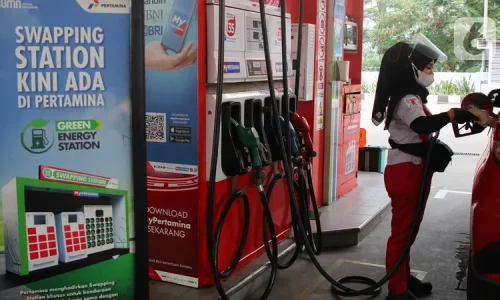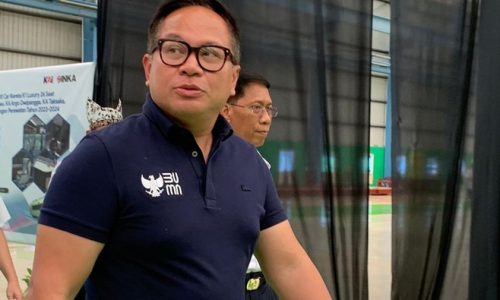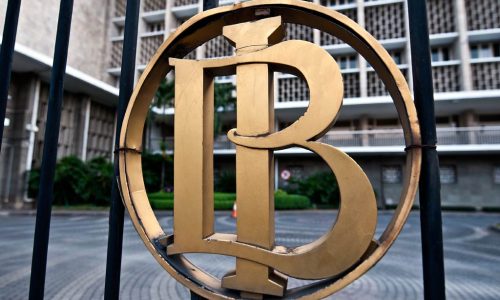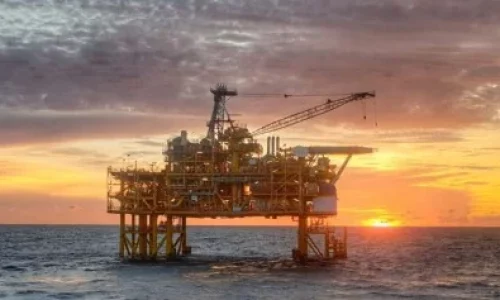Indonesia Health Minister Budi Gunadi Sadikin has invited investors and private sectors to put their money in the global health sector, especially in Indonesia. He also explained to them the business opportunity for foreign investors in the health sector.
The B20 Forum is one of the most prominent engagement groups within the G20 Forum. The event is famous for providing a forum for dialogue among global business community members. The event has 1,000 delegations, both from G20 members and non-members. The majority of them are executives of multinational corporations.
Global Pandemic Fund
Sadikin explained that health ministers with the ministry of finance of G20 have established the Global Pandemic Fund, which is US$ 1.4 billion from 24 institutions. This is the fifth largest fund that the World bank has ever created. He expressed hope that in the next 5 or 10 years, the fund will increase to US$ 10 billion to prepare the world for future pandemic.
“What are the business opportunity for you? The US$ 10 billions. So, start investing in health sector,” he said.
Indonesia and other G20 members have agreed on how to use the fund. Due to differences with a financial crisis, the IMF can jump in and give money to the balance sheet of the country. In a health crisis, money is not enough. Indonesia, for example, has the fund but lacked of access to vaccines, therapeutics and diagnostic tools. It has to translate money into emergency medical countermeasures.
“That is what we have agreed on the global mechanism. Access to this medical counter-measures will be just, will be equal. It should not be like before when rich countries have the access to health while poor countries get the access later on,” Sadikin said.
“What are the business opportunity for you? The business for emergency medical counter measures which is vaccines, therapeutic, diagnostic and medicines will grow very fast globally,” he added.
Sadikin said that countries would need to have genome sequence lab, which serves as a surveillance system for any pathogen, be it virus, bacteria or parasite. However, countries need to link these labs to identify if any pathogens were found in any part of the world. The genome sequence information will be shared quickly and globally.
“We have agreed on that one. This is an opportunity to move into bio-technology. This is the biggest threat to humanity. People and the government are politically being pushed to spend on this sectors,” he said.
Limiting people’s mobility during pandemic
Digital health certificate is another issue. Ministers understand that during the COVID-19 pandemic, the best effort was to stop people’s mobility.
“When you stop the movement of the people, you stop the movement of the virus. That’s the very basic of the health ministers’ response. However, by doing so, the government also stopped the movement of goods and consequently stopped the money flow. This creates social crisis and then it will create political crisis,” Sadikin said.
Since health ministers have comprehended the problems, the understand that the best policy is to limit the movement of the people, instead of stopping them completely.
“So, let us have digital health certificate acknowledged by the WHO. If you have vaccinated and tested properly then you can move around. So for the next pandemic, instead of stopping the movement of the people that will hit the economy globally, we can set the limit instead,” he said.
Indonesia and other G20 countries have agreed to have digital certificates using WHO standards and they will submit them in the next World Health Assembly in Geneva.
The ministers have also agreed that countries such as Turkey, India, Indonesia, Saudi Arabia, Brazil and Argentina need to redistribute the capability of research and development and manufacturing for vaccines, medicines, theraupetic and diagnostic tools.
“It is scientifically and ethically wrong if you concentrate the treatment only in certain regions. We cannot stop the spread of the virus only in one country. The virus spread all over the world. It is scientifically wrong if we believe that by vaccinating people in one country then the citizens would be save. Unless, we can limit the movement of the world’s 8 billion people, which is impossible. It is ethically also wrong,” he said.









